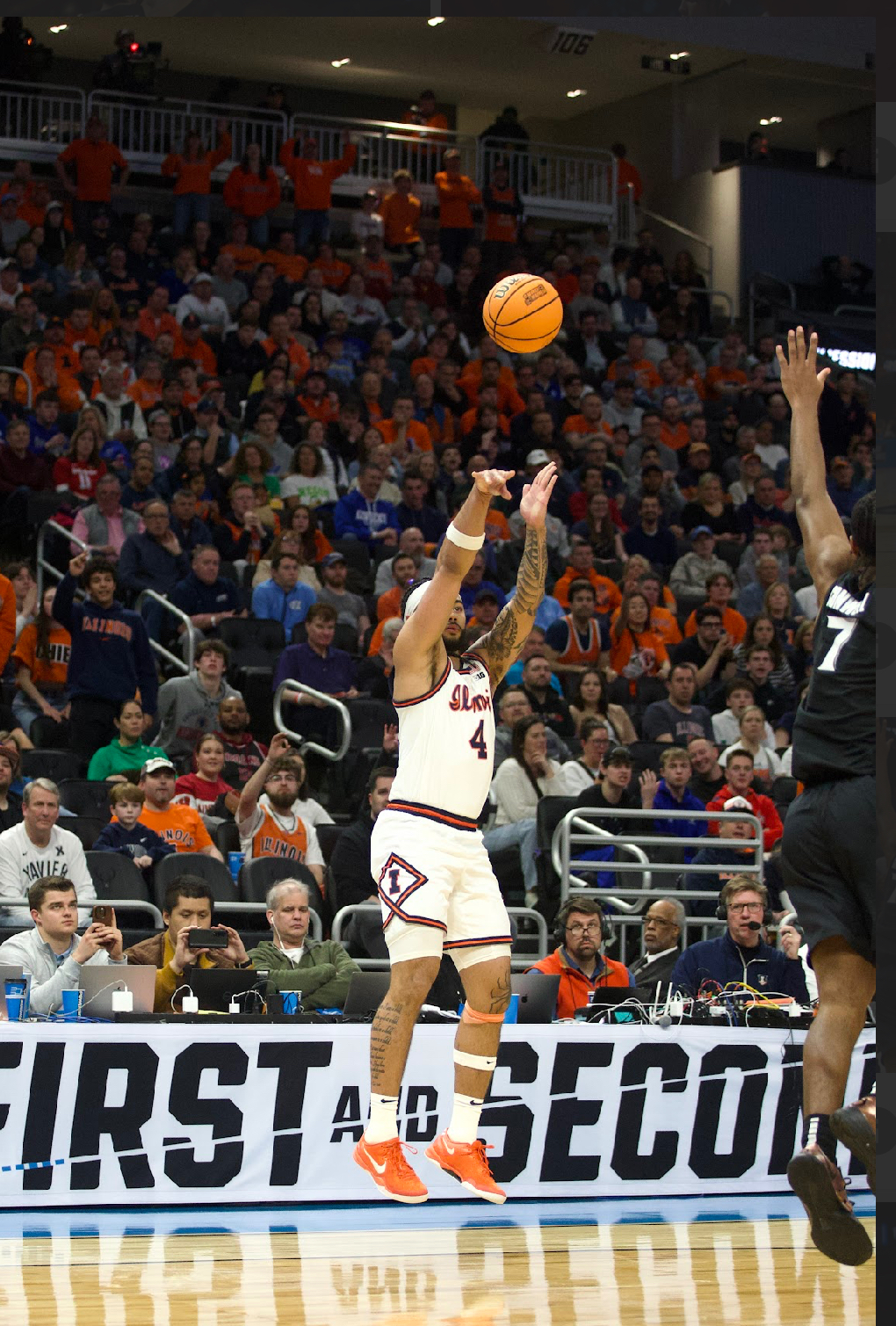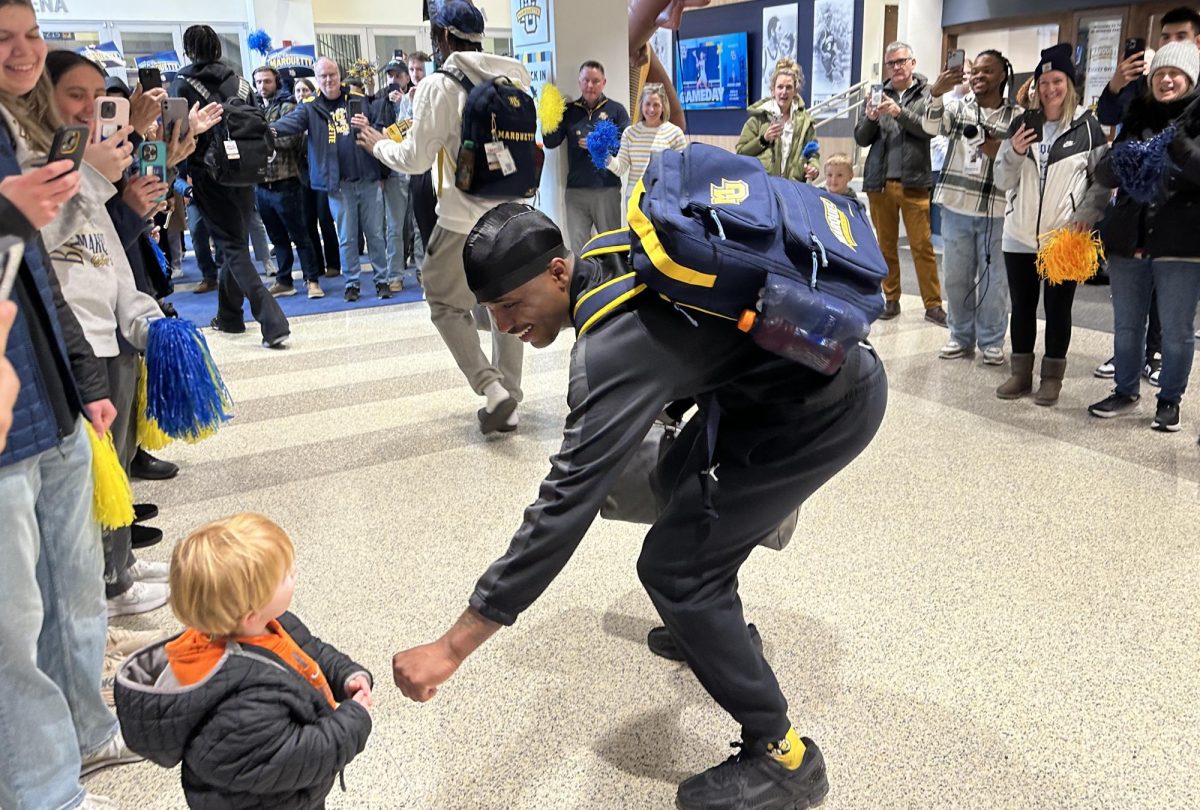 March Madness is like Christmas for sports fans, if Christmas were about three weeks.
March Madness is like Christmas for sports fans, if Christmas were about three weeks.
The first game starts at 11:15 a.m. Thursday. Then, for the entire day, on four separate channels with tip-offs every 30 minutes, basketball is played. Right when one game is ending, another is starting. Fans can watch the final five minutes of every game, when one team lives to fight another day while another’s ends in heartbreak. But the March Madness fun doesn’t really even start at the first game. It’s 30 minutes after the NCAA selection committee announces the field.
That’s when the brackets go live.
The American Gaming Association and GfK Custom Research North America project 40 million Americans will fill out more than 70 million brackets. Those brackets will account for more than $2 billion of “illegal” gambling.
There are so many ways to fill out a bracket, from using statistics, to choosing which name is cooler, to simply flipping a coin. But whatever method you choose, do not cheapen the bracket.
Cheapening the bracket means filling out more than one variation of the bracket for a pool, usually that includes a “suggested donation” with each entry. Essentially, a person would submit two or more brackets into two or more different pools. This means that someone could hedge his or her bet by picking two opponents in the same matchup.
That’s not what sports is about. Sports is about rooting for a single team in any matchup. Sure, there are some people that “just want to see a good game,” which is what happens more often than not in March Madness. But cheering for two teams in the same game is sacrilegious.
March Madness and filling out brackets go hand in hand. When Mercer upset Duke in 2014, Wichita State upset Gonzaga in 2013 and Florida Gulf Coast upset Georgetown while Norfolk State upset Missouri on the same day in 2012, many analysts only talked about how many brackets were busted because of the upset. The same speculation happened when Connecticut won the title as a No. 7 seed last season. Much of the media coverage surrounded the very low percentage of people who had the Huskies as champions.
While filling out more brackets with different outcomes does increase the chances of being right, it’s merely a marginal impact. It’s about the integrity of the game, going all in for one chance of glory. Or to win all the “suggested donations.”
There is one personal stipulation to the rule, and that is doing fun brackets. These brackets are done solely for personal enjoyment and have no gain whatsoever. Those brackets are secondary to the “real” bracket, which is the one that goes into betting pools.
Fully embrace March Madness. Embrace the cool sense of relief when a No. 1 seed wins, and suffer the heartbreak when you incorrectly predict the inevitable Georgetown collapse. But for the love of the collegiate basketball gods, don’t cheapen the bracket.




